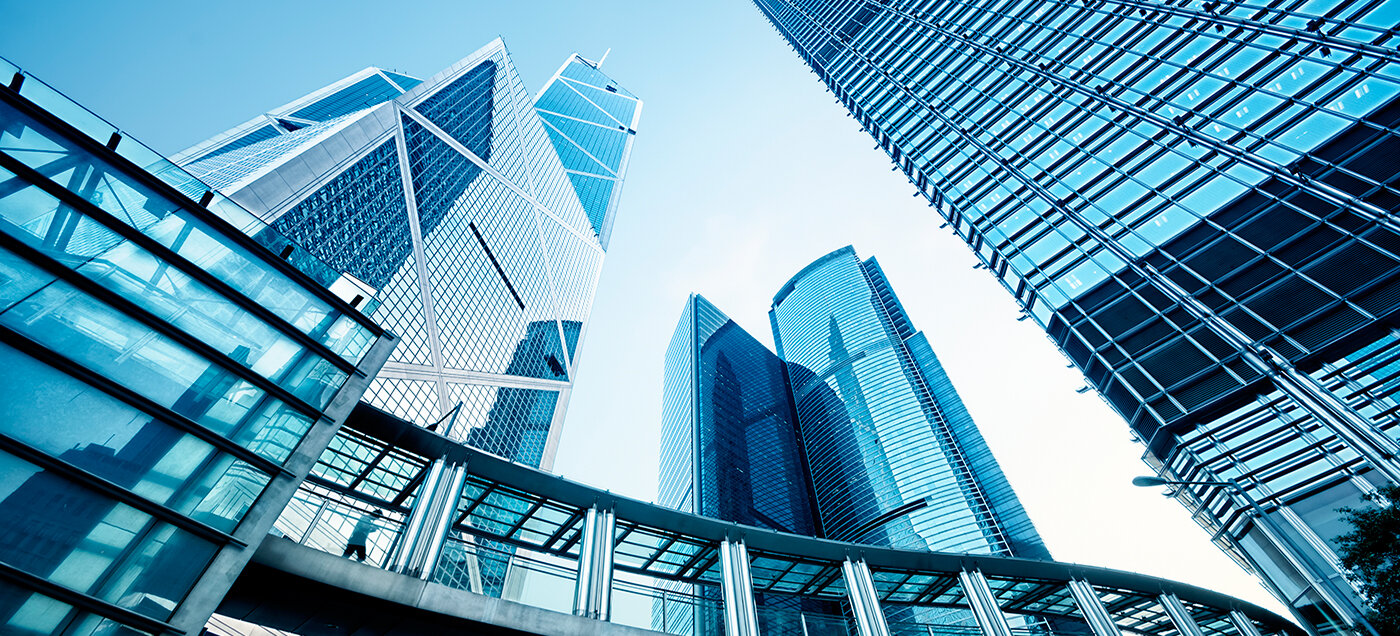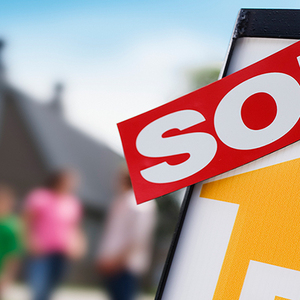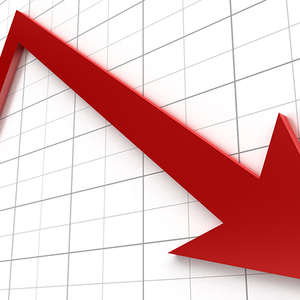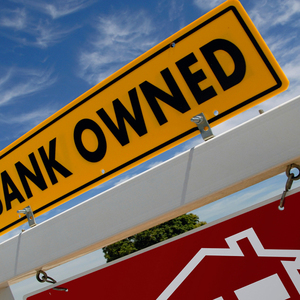Commercial Real Estate News

62 Percent of Hong Kong Corporate Tenants Willing to Pay Higher Rent for Green Buildings
Commercial News » Hong Kong Edition | By Michael Gerrity | August 5, 2021 8:32 AM ET
Approximately 62% of corporations in Hong Kong are willing to pay a rental premium to lease sustainability-certified buildings, according to JLL's Asia Pacific Sustainable Real Estate: From ambitions to actions report. The increasing enquiries on net zero carbon the firm received in the first half of 2021 also reflect that companies in Hong Kong are increasingly adopting sustainability initiatives.
The report surveyed over 550 corporate real estate leaders in Asia Pacific and found that approximately 90% of companies in the region agree that tackling emissions from real estate is essential in achieving a net zero carbon agenda - signaling a new era in regional real estate portfolio management.
In Hong Kong, 39% of corporate occupiers have already adopted net zero targets and another 29% are planning to adopt targets by 2025. For the tenants who currently lease space in a sustainability-certified building, the majority are paying a rental premium of 1% to 7%.
Mark Cameron, Head of Energy and Sustainability at JLL in Asia Pacific said, "The enquiries around net zero carbon we received in Hong Kong in the first half of this year were more than double the total enquiries received in 2020. This reflects growing concern over the climate emergency and that governments policies around the world have driven companies to take action and transition to net zero carbon. Businesses acting now are the ones that will benefit the most as they prepare themselves for inevitable legislation, while meeting growing investor, customer and employee demands while realizing savings through operational efficiencies."
In Asia Pacific, about 70% corporations are willing to pay a rental premium to lease green buildings, 40% of corporate occupiers have already adopted net zero targets, and another 40% are planning to adopt targets by 2025. The regional real estate decarbonization drive is also prompting 80% of corporate occupiers to prioritize locations that help them reduce carbon emissions, while 65% of investors will focus more on green building investments.
"For companies operating in Asia Pacific, any meaningful reduction in carbon footprint is tied directly to real estate. Corporate occupiers will increasingly demand real estate solutions that complement their sustainability agenda. This will lead investors to prioritize green investments, propelling the real estate industry transformation towards future-ready green buildings," said Anthony Couse, Chief Executive Officer, APAC, JLL.
The survey provides a comprehensive view of organisations' sustainability journeys, with only a handful of corporate occupiers (21%) and investors (26%) identified as "Leading" in their category within the survey - defined by the strength of their sustainability goals which will move the needle on their carbon emissions reduction targets - scoring above 71 out of 100 total possible points. This indicates that a large majority of organisations need to do more to translate commitments to tangible actions. For instance, only 36% of occupiers have pledged to act on emissions that come from their suppliers and customers, in addition to their own operations, according to JLL data.
While firmer commitments from companies are necessary to accelerate the net-zero carbon ambitions, organizations have identified several barriers in achieving their sustainable real estate goals. Approximately 70% of occupiers report a lack of incentives from governments and support from landlords. Additionally, three out of four companies surveyed identified insufficient technological infrastructure as a hurdle to reaching their environmental goals.
Roddy Allan, Chief Research Officer, JLL Asia Pacific commented, "Across Asia Pacific, society is shifting towards an emphasis on green and sustainable spaces in a bid to address the concerns on climate risk, and companies are willing to pay a premium to meet new demands. There is now a heightened responsibility among businesses to take demonstrable actions with their commercial real estate portfolio, which will increasingly rely on partnership between occupiers and investors to translate sustainability ambitions into actions."
JLL's "Sustainable Real Estate: From ambitions to actions" report was based on an online study of 478 occupiers and 76 investors from multiple countries across the Asia Pacific region, with a strong emphasis on Australia, China, India, Japan and Singapore. Respondents were asked questions to determine the position of their sustainability maturity journey. Each company was then assigned a maturity score between 0 and 100 to determine whether they are "Leading", "On-the-Path"
Sign Up Free | The WPJ Weekly Newsletter
Relevant real estate news.
Actionable market intelligence.
Right to your inbox every week.
Real Estate Listings Showcase
Related News Stories
Commercial Real Estate Headlines
- Commercial Property Investors Poised to Increase Allocations in 2026
- U.S. Commercial Mortgage Debt Climbs Toward $5 Trillion
- AI Sparks a Global $3 Trillion Data Center Supercycle
- AI Rewrites Playbook for Global Property Dealmakers, Says PwC
- Hong Kong's Central Office Market Enjoys First Rent Increase Since 2022
- U.S. Commercial Real Estate Lending Spikes in Q3
- Commercial Lending Surges in America
- North America Real Estate Enters a Tech-Driven, Boomers-Fueled Era in 2026
- U.S. Commercial Mortgage Delinquencies Ease in Q3
- Rents Hit 18-Year High in Tokyo as Japan's Office Market Defies Gravity
- Hong Kong Office Market Rebounds, IPO Activity Spurs Leasing Demand
- Poland's Commercial Markets Enjoy Rising Property Investment Activity
- Asia-Pacific Property Markets Show Signs of Revival as Investment Rises
- World Property Ventures Raising Capital to Digitize the Global Real Estate Economy
- U.S. Data Center Boom Tests Power Grid as AI Demand Outpaces Supply
- Commercial, Multifamily Mortgage Debt Climbs to Record $4.88 Trillion in U.S.
- U.S. Commercial Mortgage Delinquencies Rise in Q2, CMBS Loans Lead the Surge
- Tokenization-Focused Real Estate Investment Bank Announced
- Commercial Cap Rates Edge Lower in U.S., Hinting at Market Turn
- WPV Targets New $6 Trillion Digital Real Estate Tokenization Opportunity
- $1 Trillion in Data Center Development Underway Through 2030
- WORLD PROPERTY VENTURES: The 'Anti-VC' of Real Estate Plans Major Capital Raise
- Multifamily Sector Enjoys Record Absorption in U.S. as Supply Slows, Vacancies Drop
- Employee Back-to-Office Attendance Surges in U.S.
- Phnom Penh Commercial Property Sectors Face Crosswinds in 2025
- World Property Bank Announced to Capitalize on Coming Trillion-Dollar Tokenization Boom
- REAL ESTATE PREDICTIONS: Decentralized Events Contract Exchange in Development
- U.S. Architecture Billings Improve Slightly in May
- Tokyo Office Demand Spills into Non-Core Wards in 2025
- AI Hyperscalers Drive Record Data Center Leasing in Early 2025
- Commercial, Multifamily Mortgage Debt in U.S. Hits Record $4.81 Trillion in Early 2025
- U.S. Multifamily Market Rebounds in Early 2025
- U.S. Office Market Experiences Historic Conversion Shift
- New York City Enters New Era of Office-to-Residential Conversions
- World Property Ventures Plans New Capital Raise
- U.S. Commercial Real Estate Lending Rebounds Sharply in Early 2025
- U.S. Multifamily Housing Confidence Declines in Early 2025
- Asia Pacific Commercial Investment Holds Steady in Early 2025
- Carnival Plans New Miami Headquarters Spanning Over 600,000 Square Feet
- Hong Kong Property Investors Take a Wait-and-See Approach Due to U.S. Tariffs







